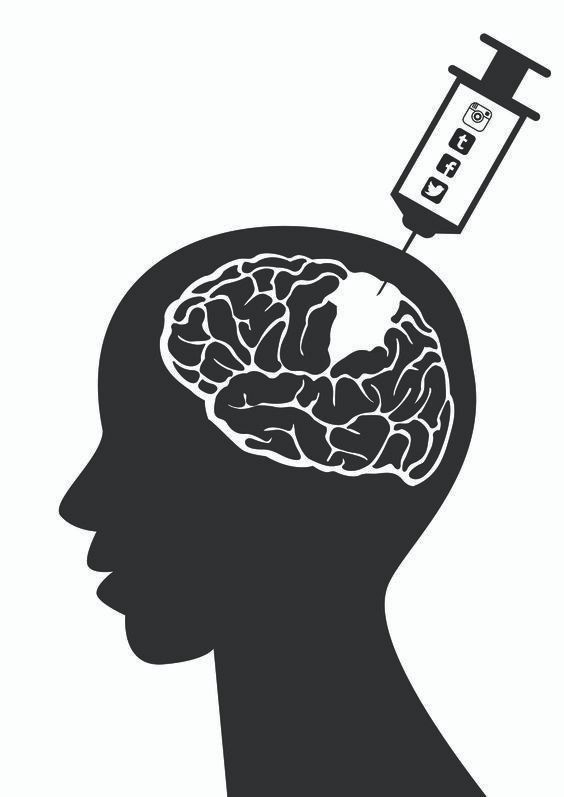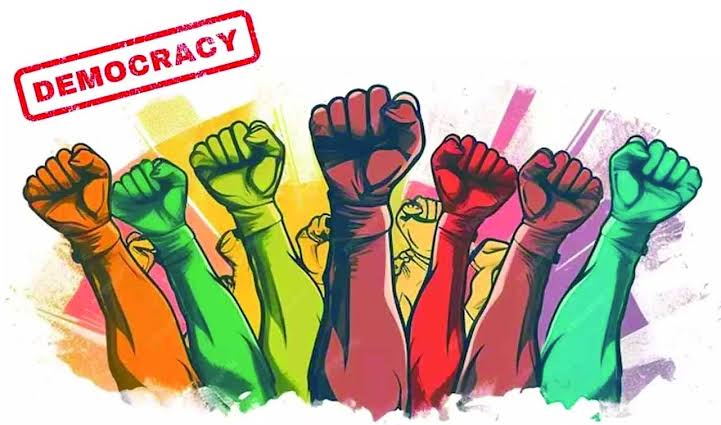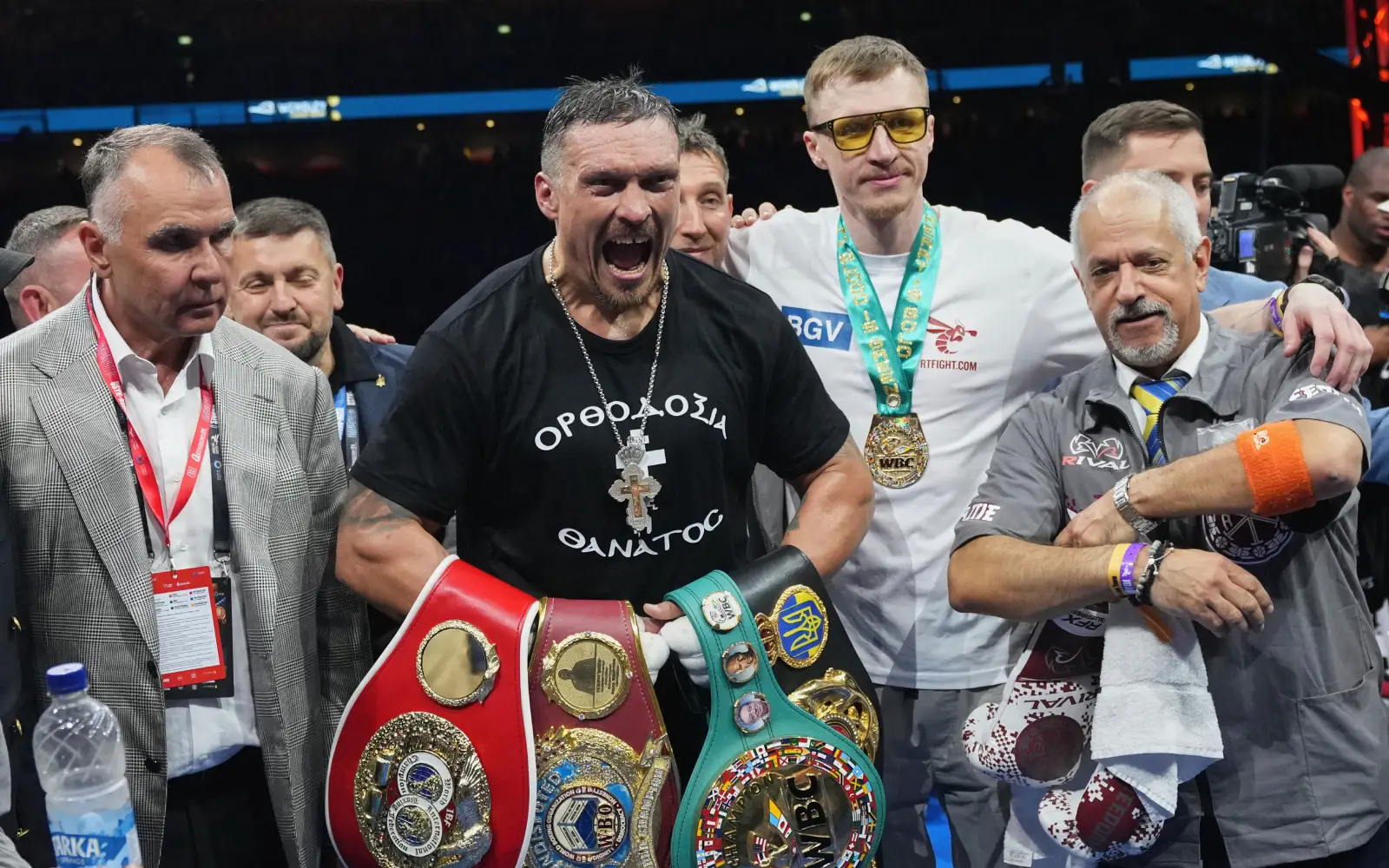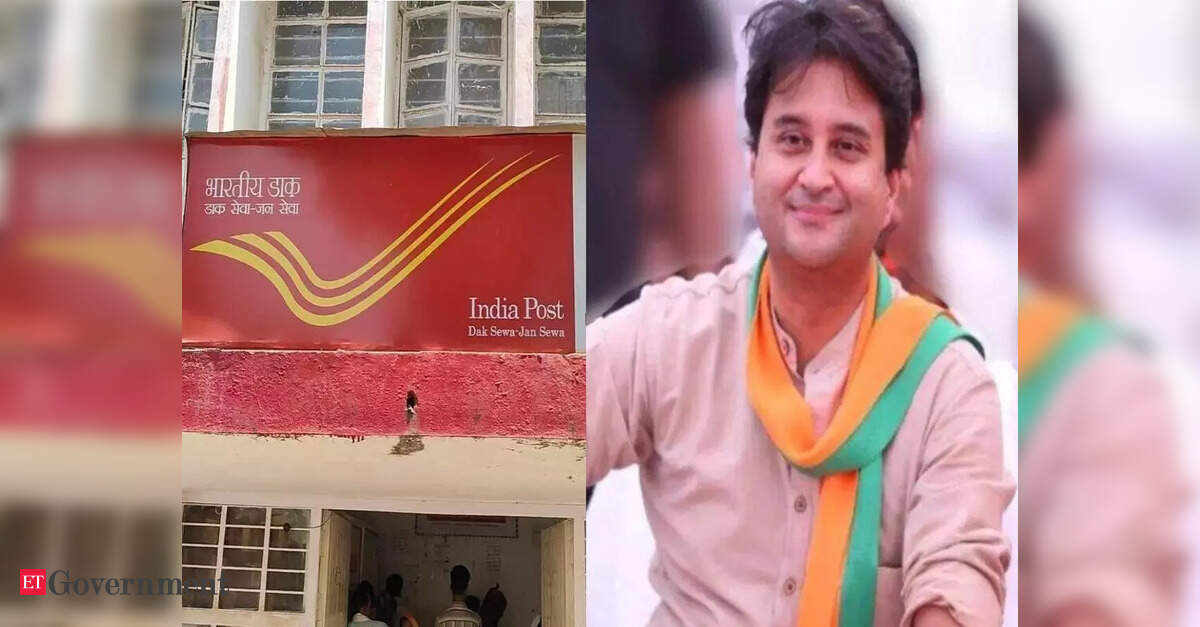Beyond the Ballot Box: How Africa's Youth Are Remaking Political Accountability

While traditional political discourse often fixes on elections and formal institutions, a new, potent form of political accountability is being forged by young Africans far beyond the ballot box.
This article explores how Africa's Gen Z and young millennials leverage innovative strategies – from digital activism and investigative citizen journalism to grassroots community organizing and creative dissent – to hold power accountable.
We move past narratives of youth apathy or mere protest, uncovering how this tech-savvy, globally aware generation systematically exposes corruption, demands transparency, and challenges governance failures, even in repressive environments.
Non-Traditional Strategies: The Youth's New Playbook for Accountability
Africa's youth are redefining political accountability through diverse, impactful strategies that go beyond conventional voting.
SOURCE: Google
This generation leverages technology, creativity, and collective action to demand transparency, expose corruption, and challenge governance failures. Their approach emphasizes direct, continuous pressure.
Digital activism stands as a cornerstone. Social media platforms like X (formerly Twitter), TikTok, and WhatsApp are powerful tools for mobilization, advocacy, and real-time reporting. Hashtag movements are prime examples:
The #EndSARS movement in Nigeria (2020) against police brutality swiftly gained global traction, demonstrating digital campaigns' power to spark mass demonstrations and push for systemic change, as reported by African Leadership Magazine. Young Nigerians crowdfunded legal aid and medical supplies, building decentralized communication networks.
In Ghana, the #FixTheCountry movement (2021) rallied young people against unemployment, inflation, and political complacency, forcing national debates, as detailed by African Leadership Magazine.
Kenya's #RejectFinanceBill (mid-2024) saw youth-led digital protests spread rapidly, leading to mass demonstrations and compelling Parliament to withdraw the controversial bill. This watershed moment underscores online activism's formidable influence, as extensively reported by both African Leadership Magazine and the Journal of Democracy. Namibia's #ShutItAllDown movement also showcased digital activism's ability to amplify youth voices, as observed by The CFMA.
Beyond viral hashtags, investigative citizen journalism and data projects are crucial.
Young activists utilize digital tools and data analytics to monitor public services and report on issues like corruption and mismanagement. Platforms like BudgIT (Nigeria), Odekro (Ghana), and Mzalendo (Kenya) leverage open data to monitor government budgets, demanding greater transparency, as described by African Leadership Magazine.
In Madagascar, young activists collaborate with investigative journalists to denounce large-scale corruption, detailed in a 2023 UNODC report. Anti-corruption apps also emerge as critical tools for whistleblowers, a point made by Politicsociety.org.
While digital strategies offer broad reach, grassroots community organizing remains an indispensable component, often intersecting with digital efforts. Young people form their own political organizations and engage directly with governance issues at local levels.
They build capacity through workshops on advocacy and communication, fostering networks for shared resources and collaboration, as discussed by fundsforNGOs. This physical community presence ensures sustained pressure and direct engagement with local concerns.
Furthermore, creative dissent and artistic protest provide another powerful avenue. Graffiti, music, spoken word, and visual arts are skillfully utilized to articulate grievances, critique power, and mobilize public opinion in ways that frequently bypass conventional state-controlled media.
These artistic forms resonate deeply, conveying complex political messages accessibly and proving challenging for authorities to directly suppress. These multifaceted strategies collectively signify a profound transformation in how political engagement is understood and practiced, making accountability a continuous, dynamic process rather than a mere episodic event.
Overcoming Obstacles: Resilience in Repressive Environments
Youth-led movements in Africa confront formidable obstacles, including pervasive internet shutdowns, severe state repression, and persistently limited resources.
Yet, their ingenuity and profound resilience enable them to sustain efforts and achieve tangible results even in highly restrictive environments.
Internet shutdowns are a common tactic employed by authoritarian regimes. However, youth activists have developed innovative methods to circumvent these blackouts. Virtual Private Networks (VPNs), for instance, have become indispensable, allowing users to mask their location and access blocked content.
Countries like Zimbabwe and Uganda have seen surges in VPN usage during internet restrictions, documented by FairPlanet (2019) and Africans Rising.
During prolonged shutdowns, as in Anglophone Cameroon (2017-2018), youth traveled to access the internet, even establishing "internet refugee camps" or drafting emails offline to send when connections were found, as reported by FairPlanet.
Activists also build robust offline networks, relying on word-of-mouth and physical gatherings, and pre-distribute materials to maintain communication. Training sessions by Africans Rising equip members to identify shutdown patterns and stay connected.
State repression, encompassing arbitrary arrests, violence, threats, and surveillance, is a severe challenge. Youth movements respond with various tactics:
Decentralized leadership structures make it harder to cripple a movement by arresting key figures. The #EndSARS movement, for example, largely operated without a single, identifiable leader, enhancing its resilience against state crackdowns, as analyzed by African Leadership Magazine.
Legal support networks and crowdfunded legal aid protect activists against wrongful arrests and human rights abuses, a crucial strategy highlighted by African Leadership Magazine.
International advocacy and strategic partnerships amplify their voices globally, putting pressure on governments and drawing attention to human rights violations, supported by organizations like Peaceau.org.
Creative dissent through art and satire can also express grievances in ways harder for authorities to directly censor.
Limited resources are a perennial problem. Many youth-led initiatives operate on shoestring budgets, which they overcome through:
Crowdfunding, both locally and from the diaspora, for legal aid, medical supplies, and operational costs, as observed by African Leadership Magazine.
Volunteerism, leveraging the passion and skills of young people deeply committed to their causes.
Strategic alliances with civil society organizations, NGOs, and sympathetic formal institutions to access funding, training, and logistical support, as noted by Politicsociety.org and fundsforNGOs.
Investing in civic tech startups for digital governance tools, with over $45 million invested since 2021 from various philanthropic and multilateral sources, is underscored by African Leadership Magazine.
These movements demonstrate remarkable adaptability and fortitude, proving that repression, while impactful, cannot entirely quash the youth's drive for accountability.
The Future of Power: Redefining Democracy and Governance
The shift in youth political engagement across Africa profoundly impacts the future of democracy, governance, and the very definition of "political power". This tech-savvy generation is actively reshaping the political landscape.
Firstly, democracy is becoming more dynamic and less confined to electoral cycles. While formal election participation can sometimes be lower for youth, their non-traditional engagement ensures accountability is a continuous demand, not just a quadrennial event, as highlighted by SWP and The CFMA. They push for direct accountability and tangible results, moving beyond rhetoric. This continuous scrutiny forces leaders to be more responsive, fostering a more robust democratic feedback loop.
Secondly, the nature of governance is being challenged. Young Africans demand greater transparency and an end to endemic corruption. Their digital tools allow them to track government spending and policy implementation, making secrecy harder, as discussed in African Leadership Magazine.
This bottom-up pressure means traditional political communication is no longer effective. Governments are increasingly compelled to engage with youth in authentic and participatory ways, potentially leading to more inclusive policy-making.
Thirdly, the definition of "political power" is expanding. Power is no longer solely concentrated within formal institutions or traditional elites. Youth movements, through their decentralized and networked structures, demonstrate that power can be distributed, collective, and highly influential, even without holding formal office.
SOURCE: Google
Their ability to mobilize millions and force policy changes through non-electoral means highlights a new frontier of civic power. Future leaders must contend with powerful, digitally organized youth movements that can rapidly shape public opinion and action, according to both African Leadership Magazine and the Kettering Foundation.
This evolving landscape presents both opportunities and risks. The opportunity lies in building more inclusive, responsive, and resilient democracies that genuinely reflect their largest demographic.
By empowering youth as active participants, Africa can unlock immense potential for innovation and development, as highlighted by the CFMA.
However, risks exist. Digital activism can be accompanied by disinformation and cyberattacks. Governments may also try to co-opt or manipulate youth movements.
Furthermore, while youth may prefer democracy, some studies suggest a willingness to tolerate military intervention if elected leaders abuse power, signaling a focus on performance over rhetoric, a complex dynamic discussed by the Kettering Foundation.
Ultimately, the active engagement of African youth is a critical factor in shaping the continent's governance trajectory.
They are the architects of tomorrow's political landscape, redefining what it means to participate, lead, and hold power accountable. Their continued influence will undoubtedly lead to more inclusive, innovative, and responsive political systems across Africa.
You may also like...
Therapy in Africa: A Trending Lifestyle or a Cultural Necessity?

Therapy is rising in African spaces—but is it a trend or a true cultural shift? This article explores how African youth ...
The Real Cost of Political Apathy: Why Choosing Silence Is Still a Choice
.jpeg)
Apathy is silently eroding African democracies. This powerful article explores why youth political disengagement isn't n...
Tech But No Touch: Is AI Disrupting Human Intimacy?

As AI weaves deeper into our emotional and romantic lives—from dating apps to virtual companions—this article explores h...
Social Media Activism: Real Change or Just Noise?
.jpeg)
From #EndSARS to #MeToo, hashtags have raised awareness—but is digital protest enough? This article explores the power a...
Can African Men Be Pretty Too?

Can African men be pretty without judgment? This bold essay challenges rigid gender norms, celebrating the quiet rebelli...
The Mind Forgers: Is Social Media Building Echo Chambers That Break Our Reality?

Do social media echo chambers break our reality? Explore how algorithms program minds, fuel polarization, erode critical...
Is Democracy Working for the Average African Youth?

Despite regular elections and democratic systems, many African youth feel excluded from real change. This article examin...
Why Sleep is the New Flex Among Burnt-Out Youth
.jpeg)
Across African cities, a new generation is rejecting burnout and embracing sleep as the ultimate form of self-care and...




